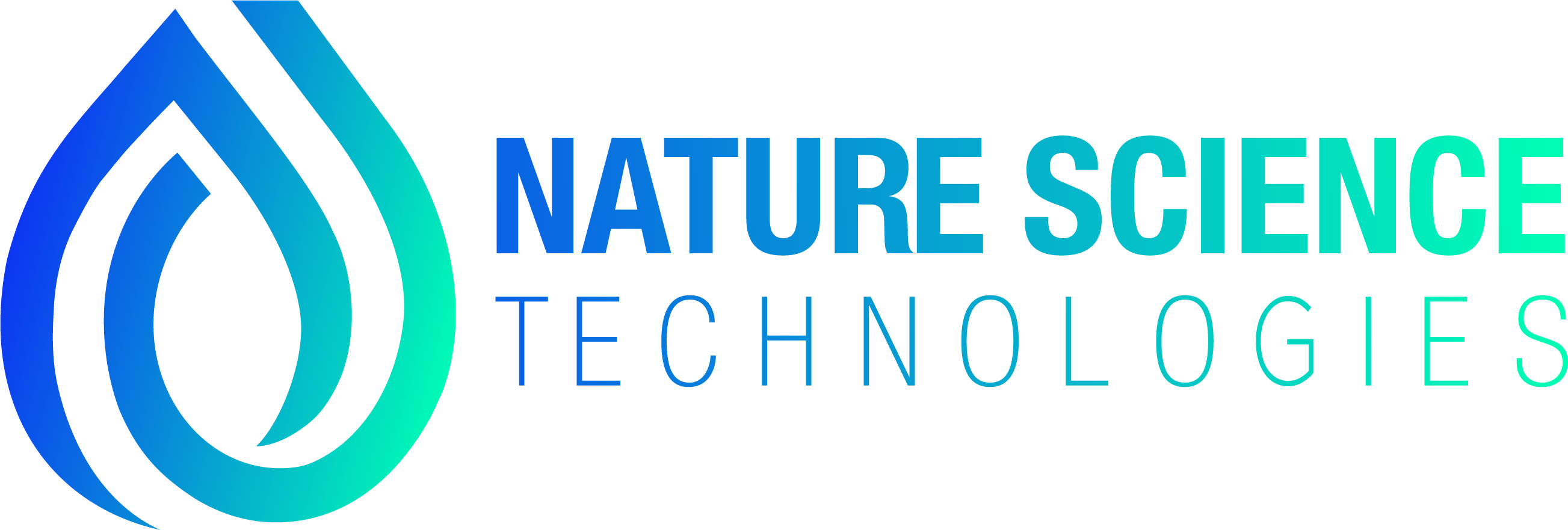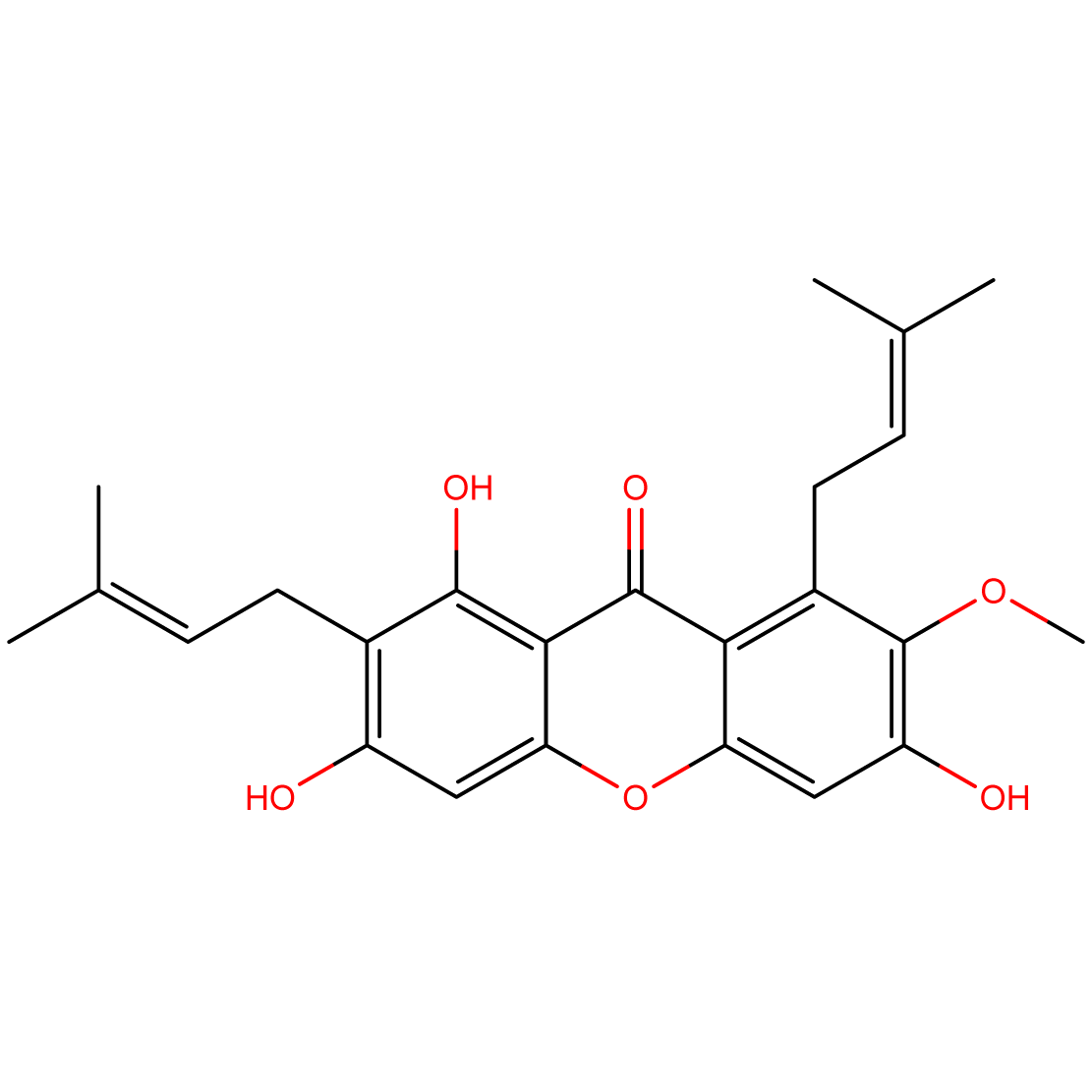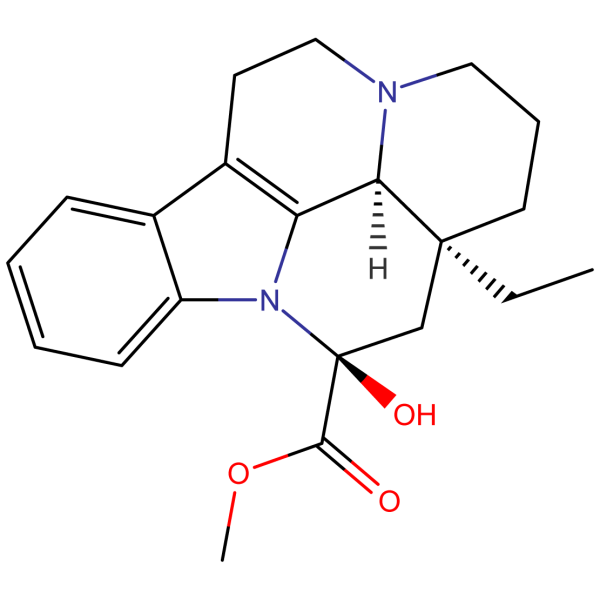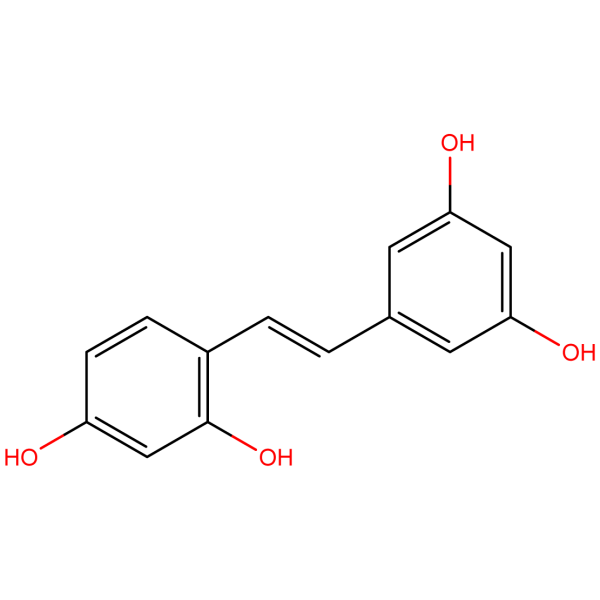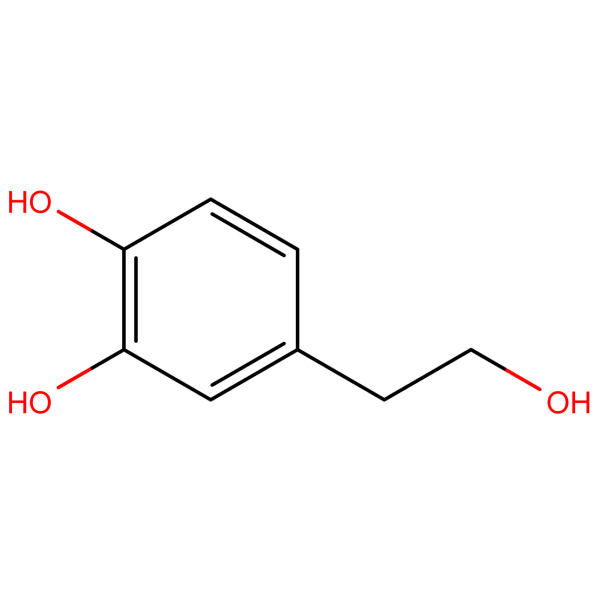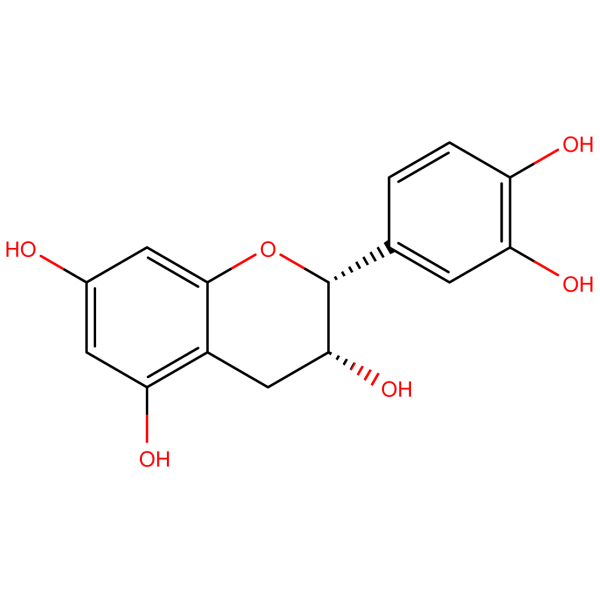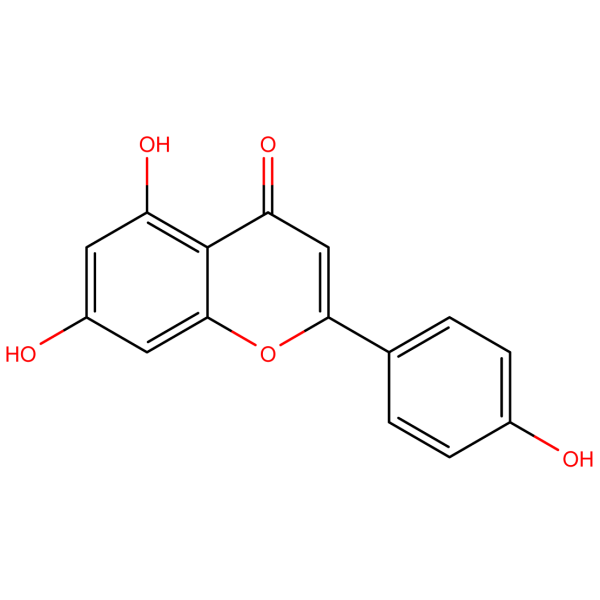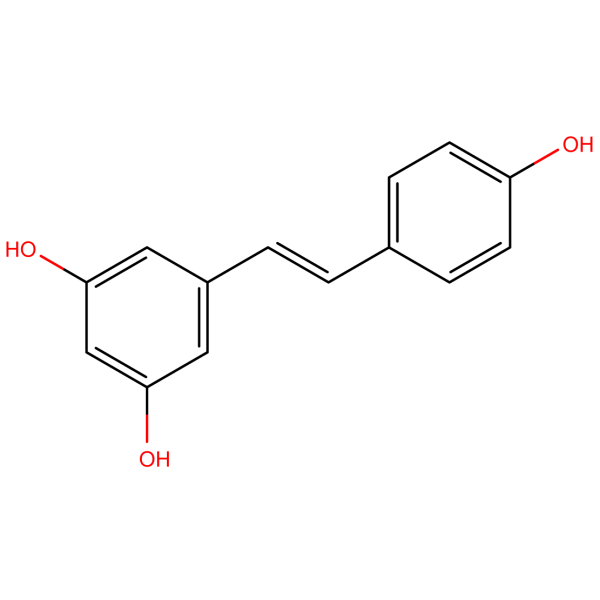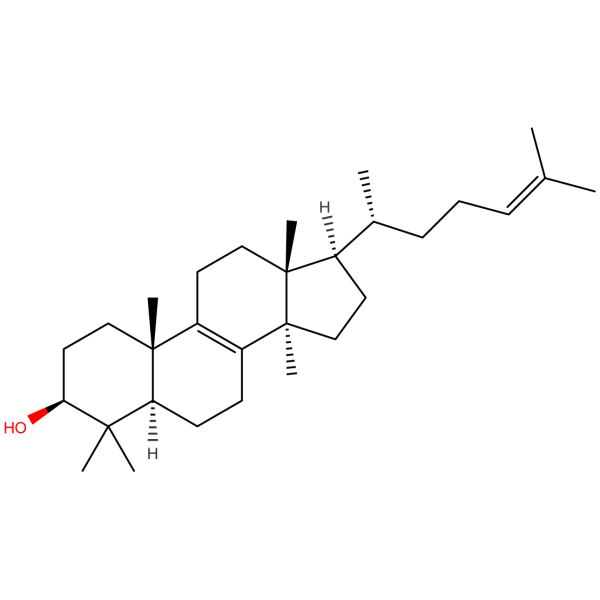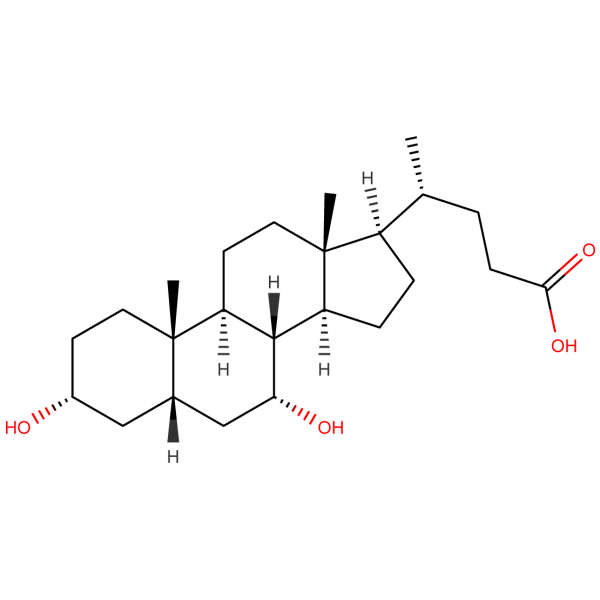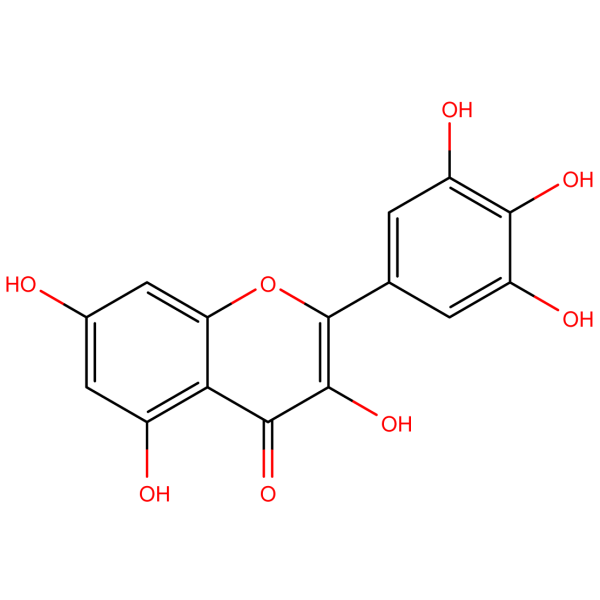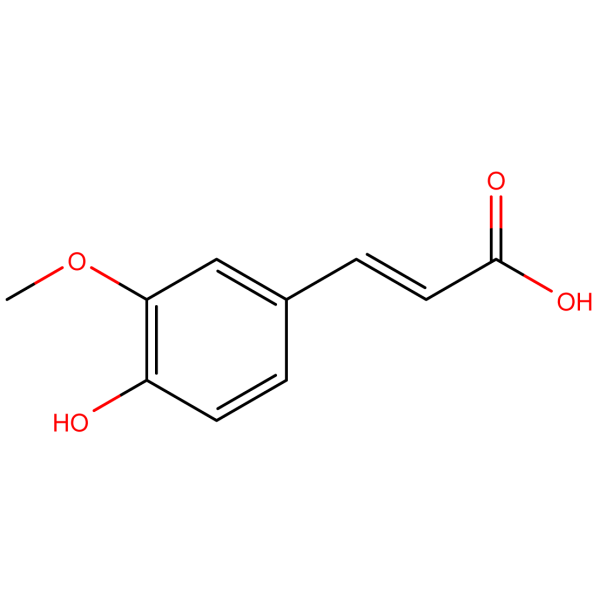Mangostin: Potent Xanthone for Advanced Biomedical Research
1. Molecular Identity
- Chemical Name: 1,3,6-Trihydroxy-7-methoxy-2,8-bis(3-methyl-2-butenyl)-9H-xanthen-9-one
- CAS Number: 6147-11-1
- Source: Extracted from the pericarp of Garcinia mangostana (mangosteen fruit)
2. Biochemical Significance
Mangostin (6147-11-1) is a xanthone derivative with diverse biological activities. Its unique molecular structure contributes to its potent antioxidant, anti-inflammatory, and potential anticancer properties, making it a compound of significant interest in natural product research and drug discovery.
3. Key Properties of Mangostin
- Antioxidant: Exhibits strong free radical scavenging activity
- Anti-inflammatory: Demonstrates ability to modulate inflammatory responses
- Antimicrobial: Shows activity against various pathogenic microorganisms
- Potential Anticancer: Indicates promising effects in various cancer models
4. Potential Research Applications
- Cancer research and drug development
- Inflammatory disorder studies
- Antimicrobial agent investigations
- Antioxidant-based therapies
5. Current Research Focus
Ongoing studies are investigating mangostin’s effects on:
- Various cancer types and mechanisms of action
- Chronic inflammatory conditions
- Bacterial and fungal infections
- Neurodegenerative disorders
6. Formulation Challenges and Innovations
Researchers are actively working on:
- Enhancing bioavailability and solubility
- Developing targeted delivery systems for improved efficacy
- Creating stable formulations for various research applications
7. Regulatory Considerations
As a naturally occurring compound, mangostin’s (CAS 6147-11-1) regulatory status is evolving. Its use in specific therapeutic applications would require comprehensive safety and efficacy evaluations to meet regulatory standards.
8. Future Research Directions
The scientific community anticipates:
- Advanced preclinical and potential clinical trials for specific health indications
- Exploration of mangostin’s potential in combination therapies
- Investigation of structure-activity relationships for optimized derivatives
9. Collaborative Opportunities
We invite cancer researchers, pharmacologists, microbiologists, and academic institutions to explore the research potential of mangostin. For inquiries, collaborations, or to discuss how this compound can benefit your research projects, please contact us at sales@nstchemicals.com.
Join us in advancing biomedical research with mangostin – a promising xanthone at the forefront of natural product-based drug discovery.
